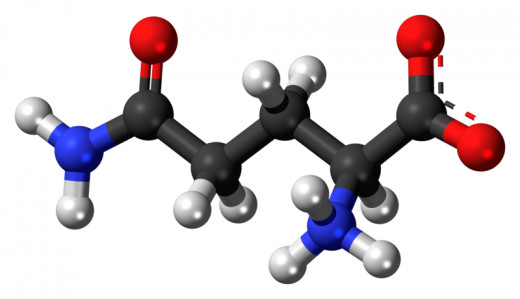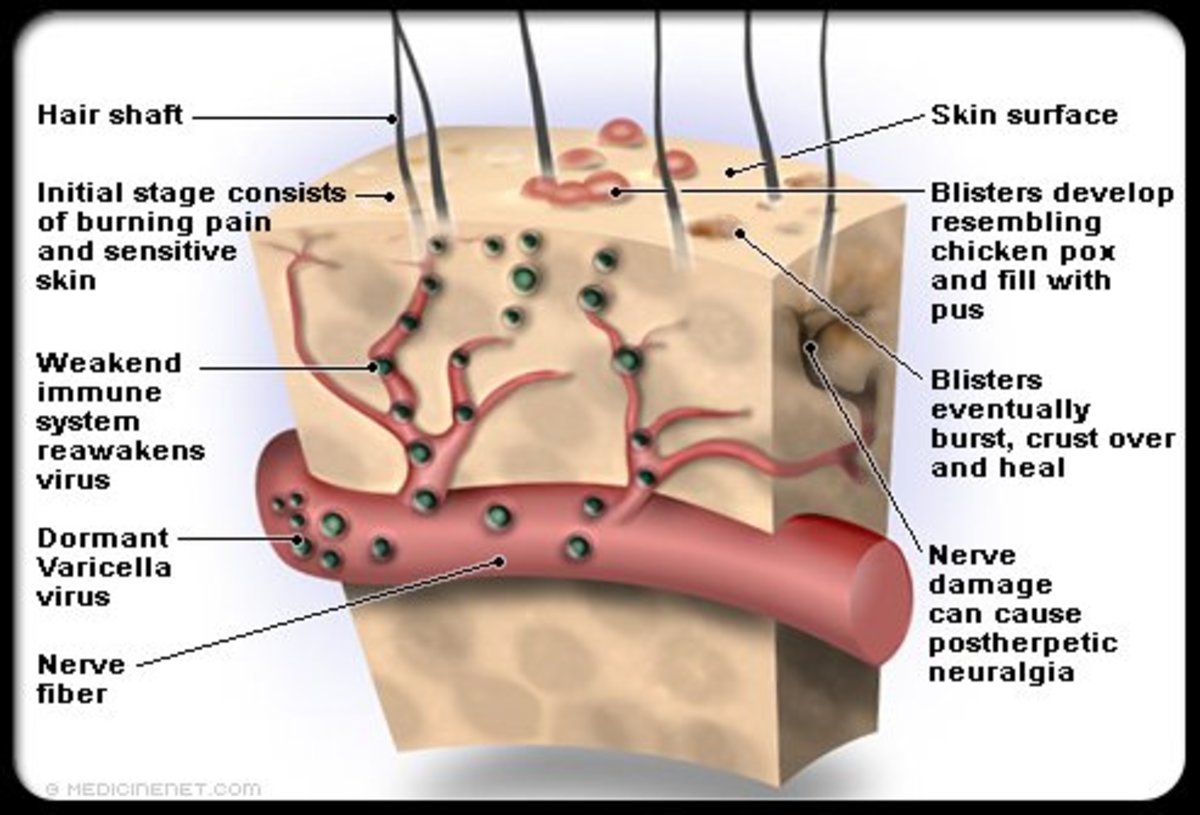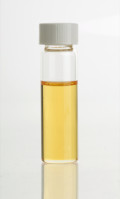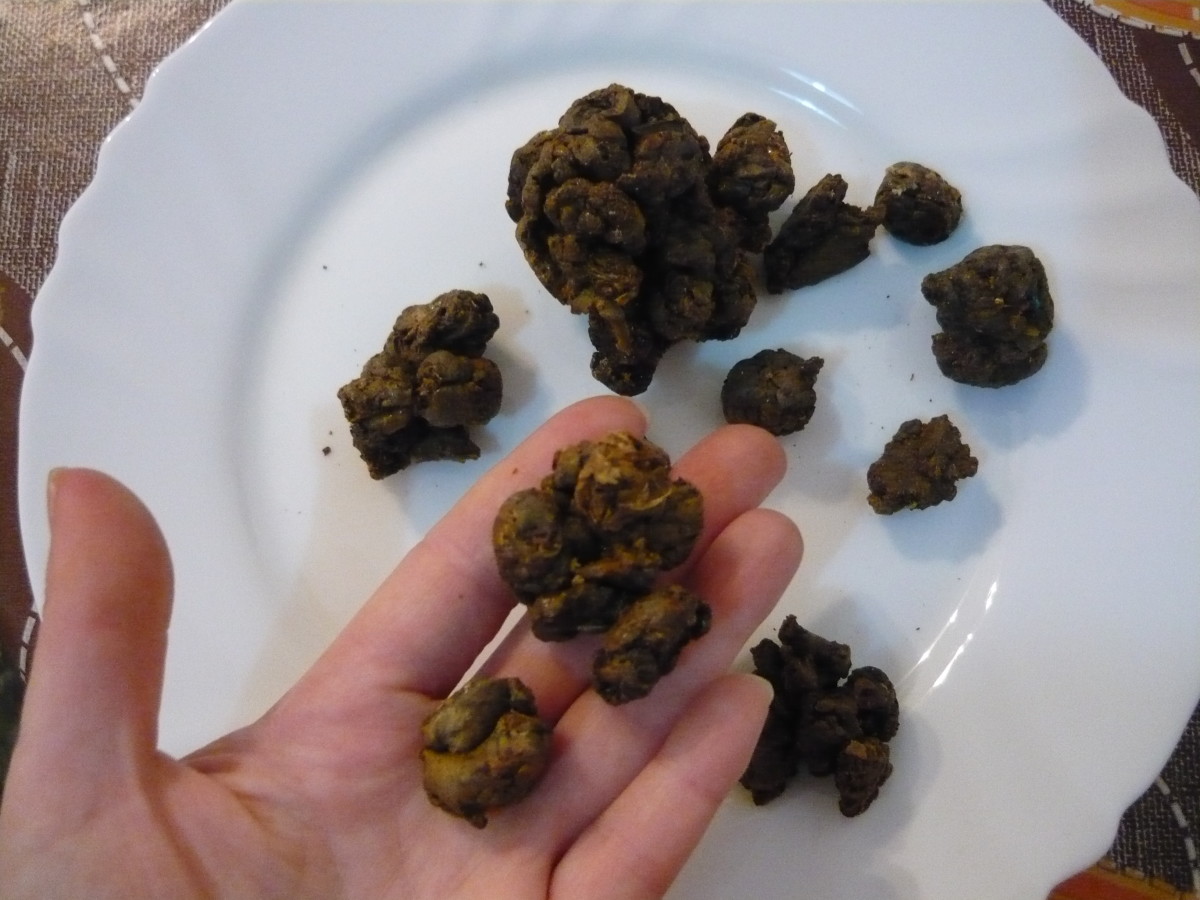L-Glutamine for Health
Glutamine Structure


L-Glutamine; Structure and Functions
L-glutamine is a non-essential amino acid closely related to glutamic acid; in fact the only difference is that the hydroxyl (OH) group which forms part of the side-chain organic acid group is replaced with an amino (NH2) group. As one might expect, this means that glutamic acid and glutamine interconvert quite readily in the body.
If you’re interested in its chemical structure, see the photo!
“Non-essential” does not mean that L-glutamine is necessary for health. A non-essential amino acid is one that can be made by the human body from other compounds, often other amino acids. In the case of L-glutamine, the starting material (L-glutamic acid) is also non-essential . An essential amino acid is one that cannot be made in the human body and therefore needs to come from outside sources.
However, L-glutamine is one of the amino acids called by nutritionists “conditionally essential”, which means that under some circumstances it is an essential amino acid because the body cannot make enough for its own purposes. The circumstances leading to this include severe digestive disturbances such as Crohn’s disease and colitis, and also recovery from moderate to severe injury and also surgery – which, after all and as far as the body is concerned, is an injury.
It is also possible that L-glutamine is essential after very heavy exercise. For example, bodybuilders swear by L-glutamine to aid recovery after intense workouts but no clinical studies have been done.
L-glutamine may also become essential during illness, because the immune system uses up large amounts.
Glutamine plays a role in a variety of biochemical functions, including:
- Protein synthesis, as any other of the 20 proteinogenic amino acids
- Regulation of acid-base balance in the kidney by producing ammonium
- Cellular energy, as a source, next to glucose
- Nitrogen donation for many anabolic processes, including the synthesis of purines
- Carbon donation, as a source, refilling the citric acid cycle
- Nontoxic transporter of ammonia in the blood circulation
- Synthesis of glutathione peroxidase, one of the most important antioxidant systems, in the liver
- Preservation of intestinal wall integrity; the intestinal wall uses large amounts of L-glutamine for self-repair.
L-Glutamine; Therapeutic Uses
As usual when considering complementary medicine, if you are considering the use of L-glutamine for any medical condition then it’s a very good idea to do so under the supervision of a professional. At the very least, such an action will help make sure that the problem you have is what you think it is.
Also, neither L-glutamine nor any other complementary medicine is a quick fix. “A pill for every ill” doesn’t work; if you have a medical problem then the underlying issues need to be addressed. Arguably, this applies to conventional medicine as well. As an example, taking L-glutamine for Crohn’s disease while continuing to live on a diet of junk food won’t work.
Those points having been made, L-glutamine can be used as follows:
Recovery from illness
The immune system uses very large amounts of L-glutamine for various purposes. Because of this, in the case of infectious illness the rest of the body tends to suffer, because the immune system gets priority and in extreme cases the muscles start being broken down to release L-glutamine (among other things) from their constituent proteins. This is one of the reasons why muscle wasting is common in severe illness. If glutamine is provided in sufficient amount so that there is enough for the use of the immune system, then this problem is reduced. Also, the activity of the immune system is higher with supplemental glutamine than without, because although the immune system gets priority the priority isn’t total.
Intestinal condition
As mentioned earlier, L-glutamine is used in large amounts by the cells of the intestinal lining for repair and replacement. The thin layer of cells closest to the intestinal contents is probably the body’s most active tissue in terms of replacement time, being entirely replaced over a timescale ranging from about a week down to about 72 hours in extreme cases. The main function of this layer is to act as a gatekeeper for absorption; ideally, only small molecules such as amino acids, small peptides (less than 5 amino acids joined together), simple sugars, glycerol and free fatty acids ought to get through.
An intestinal lining in poor condition can lead to such things as partly-digested protein getting into the bloodstream, which can lead to all manner of havoc such as allergic reactions and the like. This is thought by complementary practitioners to be one of the contributory factors in rheumatoid arthritis, for example.
L-glutamine supplementation can lead to improved intestinal wall condition, and hence to a lessening of such problems as this.
Gastrointestinal Ulceration
Because of the factors above, conditions involving ulceration of the gastrointestinal tract can be helped by L-glutamine. However, the underlying reasons need to be addressed; for example, carrageenan promotes Crohn’s disease and stomach and duodenal ulcers are normally due to either ingestion of non-steroidal anti-inflammatories (NSAIDs) or the bacterium H. Pylori, or both.
Allergies, Food Intolerances and Autoimmune Disorders
Poor intestinal lining condition can lead to increased risk of allergic reactions, food intolerances and autoimmune disorders; an example of the latter is rheumatoid arthritis. Although it is a very good idea to eliminate any known causes of these problems, L-glutamine can help alleviate them by making the intestinal wall less porous.
Physical endurance and recovery from exercise
Except in extreme cases, neither of these is strictly speaking a medical problem; although in fact very strenuous exercise can lead to immune system depression and subsequently illness. For example, I’m told that it is well known among long-distance runners that after a competitive marathon, some illness such as a cold or influenza is very likely. Cold sores, caused by the herpes simplex virus, are also quite common in those doing heavy exercise.
L-glutamine supplementation can help athletes, particularly strength athletes such as bodybuilders and weightlifters, in two ways; it reduces the inevitable loss of muscle mass during training and speeds up recovery after a workout.
Of course, not getting ill also helps such an athlete’s training schedule. If you have influenza or a bad cold, you will neither feel much like a workout nor get much out of it if you do one.
Detoxification
Detoxification is a process that the body is carrying out all the time, but the term has been overused for the last few years to mean some sort of vague “clearing out” process. However, the body (chiefly the liver) has to break down a remarkably large variety of toxins all the time. These include, not an exhaustive list no doubt:
Endogenous toxins
This is probably the biggest group in terms of quantity. Included in this term are oxygen free radicals, produced as an inevitable side effect of breathing and including peroxide and hydroxyl radicals; breakdown products of body chemicals (such as bilirubin and bile acids); urea.
Toxins from food
All foods, particularly plant ones, contain toxins of one sort or another. In the case of plants, this is because the plants use these exotic chemicals to protect themselves against insect pests, bacteria and fungi. In the case of animal foods it’s because the animals have been eating plants.
Pollutants
This can shade into the “food toxins” group, because many pollutants end up in the food we eat. They include heavy metals such as lead, cadmium and mercury; solvents and other organic molecules such as plasticisers and chlorinated solvents; the witches’ brew of chemicals in various forms of smoke; and various chemicals emitted by such things as brand-new carpets and furniture.
Drugs and Alcohol
These include ethanol, the substance usually just called alcohol, and obviously all the recreational drugs (most of them illegal, of course) but also such less obvious things as caffeine and theobromine (from tea and chocolate). They also include medicinal drugs, whether prescribed or otherwise.
All these compounds have to be broken down and removed from the body, and the glutathione peroxidase system along with other enzyme systems is responsible for this. Most of them require glutamine to function. Supplemental glutamine can therefore help detoxification.
Brain Function
As mentioned above, the brain requires large amounts of L-glutamine (along with even larger amounts of glucose) as a fuel. Low glutamine levels can lead to a poorly functioning brain; L-glutamine supplementation can help with this problem.
Safety
Glutamine has been shown to be safe in doses of up to 40 grams per day. It is likely to cause constipation, but this can be avoided by increasing water and fibre consumption. Aloe vera could help in this respect.








